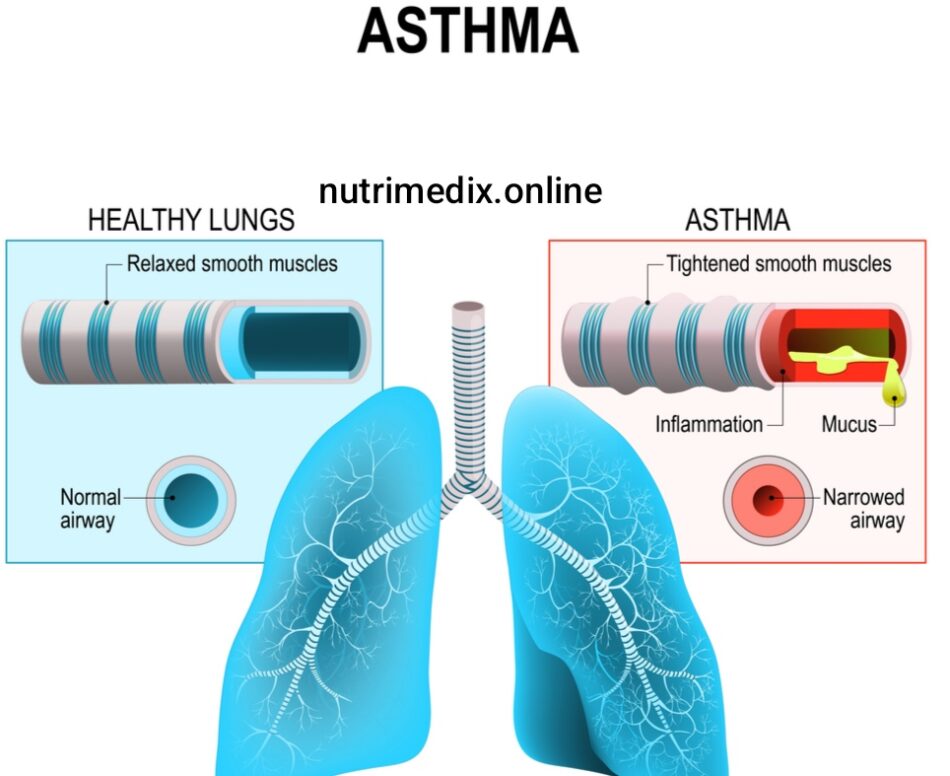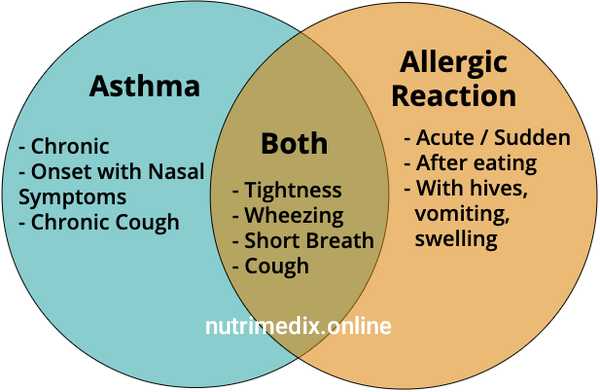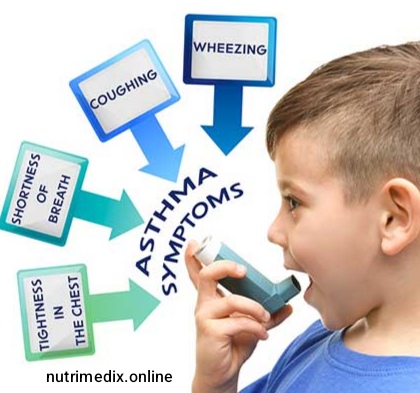Understanding Allergy, Asthma, and Arthritis.the Connection, its causes and effects
Living with chronic health issues like allergies, asthma, or arthritis can feel like a daily challenge. They often seem unrelated, but there are some common threads between them. These conditions can impact your daily life in significant ways, and understanding the links between them can help you better manage your symptoms and improve your quality of life.
In this blog post, we’ll break down allergy, asthma, and arthritis.
What Are Allergies?
An allergy is when your immune system reacts to something that’s usually harmless, like pollen, dust, or certain foods. These substances, known as allergens, trigger an immune response, leading to symptoms of allergy like:
- Sneezing
- Runny or stuffy nose
- Itchy or watery eyes
- Rashes or hives
For some people, allergies are seasonal, peaking in the spring or fall when pollen levels are high. Others deal with allergies year-round due to dust mites, pet dander, or mold. In more severe cases, allergic reactions can cause serious symptoms like swelling (anaphylaxis), which requires immediate medical attention.
What Is Asthma?
Asthma is a chronic respiratory condition that affects your airways, causing them to become inflamed and narrow, making it difficult to breathe. Asthma symptoms include:
- Wheezing (a whistling sound when you breathe)
- Shortness of breath
- Coughing
- Tightness in the chest
Various factors, including allergens, cold air, smoke, exercise, and respiratory infections can trigger asthma attacks. While asthma is manageable with medications and lifestyle adjustments, it can be a serious condition if not properly controlled. Asthma is also similar as allergy. https://nutrimedix.online/asthma-symptoms-treatment-and-5-preventions/

What Is Arthritis?
Arthritis refers to inflammation in the joints, causing pain, swelling, and stiffness. The most common types are osteoarthritis (due to wear and tear on the joints) and rheumatoid arthritis (an autoimmune condition where the immune system attacks the joints).
Symptoms of arthritis include:
- Joint pain
- Stiffness, especially in the morning
- Swelling around the joints
- Decreased range of motion
While arthritis can affect anyone, it becomes more common as you age. It can also be linked to certain immune system disorders, which brings us to an important point – the potential connection between allergies, asthma, and arthritis.
How Are These Conditions Related?
At first glance, allergies, asthma, and arthritis might seem like entirely separate issues. However, there are some underlying connections, particularly when it comes to your immune system.
- Immune System Overreaction: All three conditions involve the immune system responding inappropriately. In allergies, your immune system overreacts to harmless substances like pollen. In asthma, the immune system can cause inflammation in the airways, often triggered by allergens or other irritants. With rheumatoid arthritis, the immune system mistakenly attacks healthy joint tissue, leading to inflammation and pain.
- Inflammation: Inflammation is a key factor in all three conditions. Whether it’s the airways in asthma, the joints in arthritis, or the sinuses in allergies, the body’s inflammatory response is what causes many of the symptoms.
- Genetic and Environmental Factors: Genetics play a role in all of these conditions. If you have a family history of allergies, asthma, or autoimmune diseases like rheumatoid arthritis, you may be more likely to develop them. Environmental factors, such as exposure to allergens, pollution, or smoking, can also increase your risk of both asthma and allergies, while obesity and joint stress can contribute to arthritis.
- Allergic Asthma: Some people experience allergic asthma, a condition where allergens trigger asthma symptoms. For example, if you have hay fever (allergic rhinitis) and inhale pollen, your immune system may react not just with sneezing but with asthma-like symptoms such as wheezing and shortness of breath.
- Autoimmune Link: Rheumatoid arthritis is an autoimmune disease, meaning the immune system attacks healthy tissue. While allergies and asthma are not autoimmune diseases, they both involve immune system dysfunction. Some research suggests that people with autoimmune diseases might be more prone to developing allergic conditions, though more studies are needed to confirm this connection.
Causes and Effects of Allergy, Asthma, and Arthritis
Allergy, asthma, and arthritis are three conditions that are linked to immune system responses and inflammation. Here’s a quick breakdown of their causes and effects:
- Causes:
- Allergies are triggered when your immune system overreacts to harmless substances like pollen, dust, or pet dander. Genetics and environmental exposure play a big role.
- Asthma can be caused by allergens, environmental irritants (like smoke or pollution), and even physical activity or stress. It’s often hereditary.
- Arthritis has different causes. Osteoarthritis is related to aging and joint wear, while rheumatoid arthritis is an autoimmune disease where the immune system attacks the joints.
- Effects:
- Allergies cause discomfort with symptoms like sneezing, itching, and congestion, which can disrupt sleep and reduce your quality of life.
- Asthma leads to breathing difficulties, especially during attacks, and can limit physical activity or result in emergency medical care.
- Arthritis causes chronic joint pain, stiffness, and reduced mobility, making daily activities harder and potentially leading to emotional distress.

Overall, these conditions can significantly affect your daily life, but understanding their causes can help you manage the symptoms and improve your well-being.
Managing Allergy, Asthma, and Arthritis Together
If you’re dealing with one or more of these conditions, managing your health can feel overwhelming. Here are some tips to help you take control:
1. Know Your Triggers
- For allergies and asthma, knowing what triggers your symptoms is key. Keep an eye on pollen counts, avoid exposure to smoke or pet dander if they are triggers, and use air purifiers to reduce allergens at home.
- With arthritis, avoid activities that put unnecessary strain on your joints and maintain a healthy weight to reduce joint stress.
2. Medication and Treatment
- For allergies, antihistamines, decongestants, and nasal sprays can help manage symptoms. If you have severe allergies, consider allergy shots (immunotherapy) to reduce your sensitivity to allergens.
- Asthma is often managed with inhalers, which can be short-acting for quick relief or long-acting to control symptoms over time. Anti-inflammatory medications can also help.
- Arthritis treatment often involves pain relievers, anti-inflammatory drugs, and physical therapy. In more severe cases, disease-modifying drugs or biologics may be used, especially for rheumatoid arthritis.
3. Healthy Lifestyle Choices
- Exercise: Gentle, regular exercise like walking or swimming can improve joint flexibility for arthritis sufferers and improve lung capacity for those with asthma. Just avoid overexertion, especially during flare-ups.
- Diet: Eating an anti-inflammatory diet rich in fruits, vegetables, omega-3 fatty acids, and whole grains can help manage inflammation, benefiting all three conditions.
- Stress Management: Stress can trigger or worsen symptoms of all these conditions. Practice relaxation techniques like meditation, deep breathing, or yoga to help manage stress.
4. Work with a Specialist
If your symptoms are severe or affecting your daily life, it’s a good idea to work with a specialist, such as an allergist, pulmonologist (for asthma), or rheumatologist (for arthritis). They can help tailor a treatment plan specific to your needs.
Conclusion
Allergies, asthma, and arthritis may seem like unrelated conditions, but they all share a common theme – the immune system. Whether it’s causing inflammation in your joints, triggering asthma attacks, or overreacting to allergens, understanding how these conditions are connected can help you manage them more effectively. By knowing your triggers, following treatment plans, and making healthy lifestyle choices, you can live a fuller, healthier life, even with these challenges.

